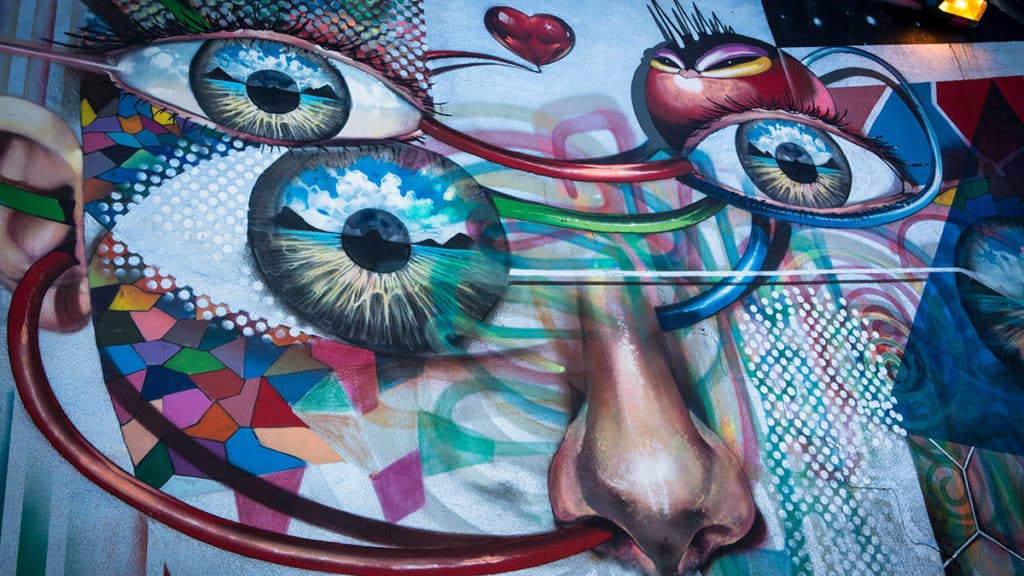
The Bushwick Film Festival 2024 is an emerging artist film festival that reflects the beautiful diversity of Bushwick.
17th Bushwick Film Festival 2024
The 17th Bushwick Film Festival 2024 presents 125 films from emerging voices, and voices of color, under the theme “Producing the Dream.” Really, that’s what life is about.
- Opening Night is at Lot 45 in Bushwick, Brooklyn; on Wednesday, October 16, 2024, at 6:30pm. $106
- Screenings are at Williamsburg Cinemas in Williamsburg; from Thursday-Sunday, October 17-20, 2024. $18
- The Awards Ceremony and Closing Reception are at Gracemoon Arts Company in Bushwick; on Saturday, October 19, 2024. $100
- The “Best Feature Doc” winner screens on Sunday, October 20, 2024, at 12noon. $21
Bushwick Film Festival
The Festival was founded in 2007 by Liberian-born Kweighbaye Kotee to provide opportunities to filmmakers of color. 🇱🇷
It keeps growing, and in 2024 gained Netflix as a sponsor. Bushwick used to be a gritty industrial neighborhood, but great art usually begins in the most marginalized places. Brooklyn is super creative. The future of film begins in our communities. The next big hit movie may be being dreamed of right here, right now in beautiful Bushwick, Brooklyn. Go see for yourself.
Tickets
X @BushwickFilm
Facebook @BushwickFilmFestival
Instagram @bushwickfilmfest
YouTube @BushwickFilmFestival
TikTok @bushwickfilmfest
